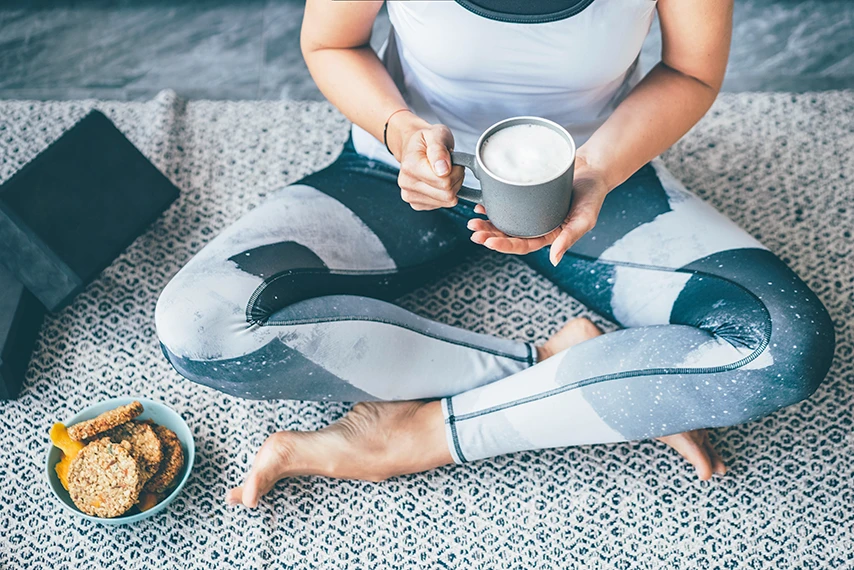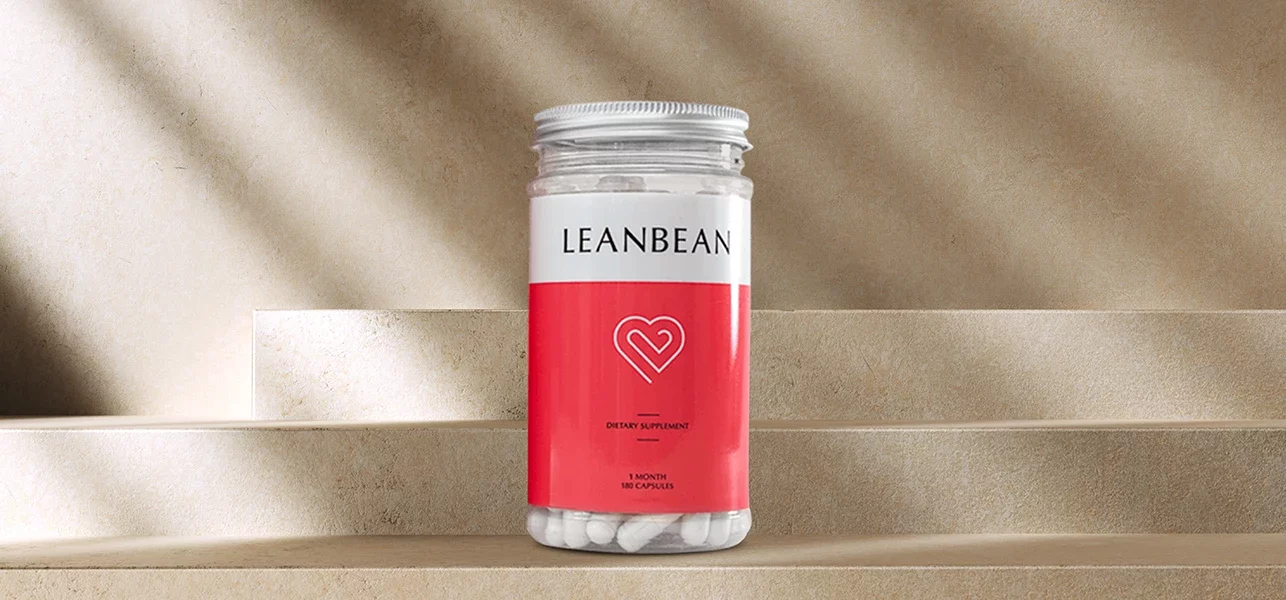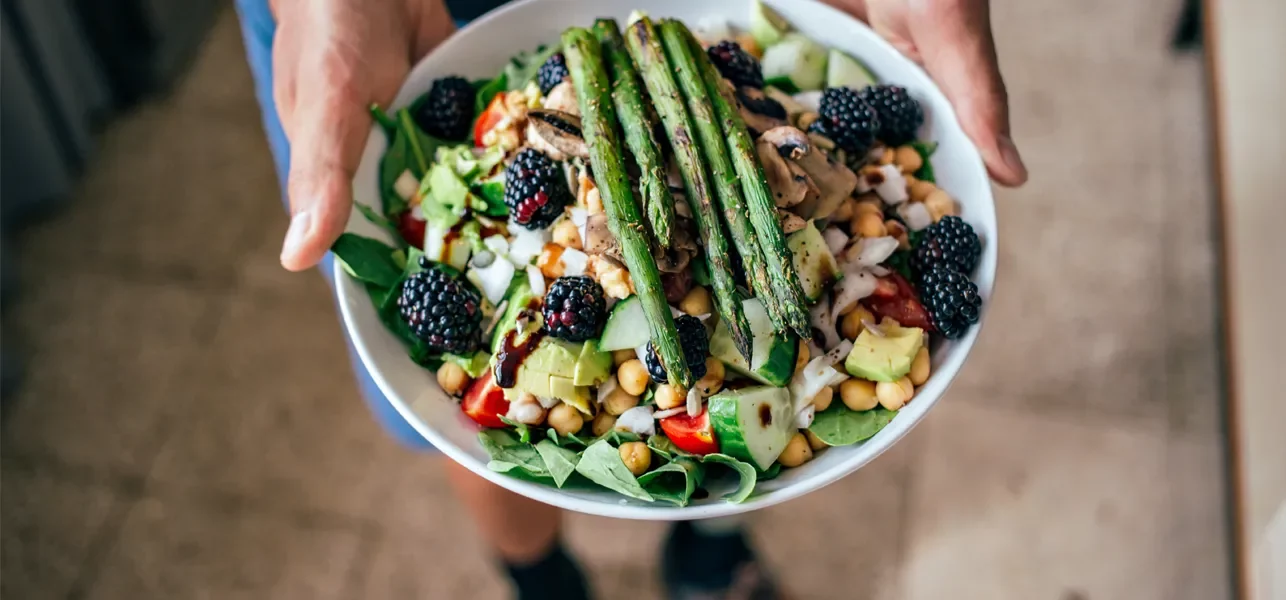Uncovering the Facts: Is Coffee Really Good for Weight Loss?

Coffee is a great start to your morning routine, but does it help you lose weight? It all depends on the type of coffee and what you add to it, and we’ll help you make the right choices.
Coffee has been a staple of modern life for centuries. It’s popular, delicious, and widely consumed across the world.
While there are studies to support the notion that coffee can help you lose weight, there’s still a need to uncover the facts. For instance, the health effects of coffee depend on the coffee type.
From a flavored latte to concentrated caffeine supplements that can cause insomnia, restlessness, increased heart rate, and nausea, taking your coffee in different forms can result in vastly different outcomes.
This article will explore the science behind coffee and weight loss and provide an in-depth look at whether or not this widely used beverage can truly benefit your health.
Is Coffee Good for Weight Loss?
Coffee can help you lose weight as it contains caffeine, which boosts your metabolism and burns fat. Plus, black coffee is low in calories and can help you with your weight goals when combined with lifestyle changes, including exercise and diet.
Coffee contains nutrients such as niacin, potassium, magnesium, and antioxidants, which can improve digestive health, support muscle function, and lead to better heart health.
A study showed that consuming 8.45oz of caffeinated coffee 3 times a day for a month decreased body fat in participants. Another study showed a decrease in body fat by 4% over 24 weeks of consuming a similar amount of coffee.
For many, coffee may promote a sense of fullness. This could help your weight as you’ll not indulge in extra snacks or meals throughout the day. Excess calorie consumption is a significant cause of weight gain.
According to a study, participants who consumed caffeinated coffee a few hours before a meal had lower food intake. However, other studies didn’t have the same results, and drinking coffee might not have the same effect on you.
It’s important to note that weight loss ultimately depends on creating a caloric deficit, so while drinking coffee can help boost your metabolism, it’s not a magic solution for weight loss.
Does Coffee Make You Gain Weight?
Coffee itself is a low-calorie beverage, so it is unlikely to cause weight gain on its own. But the calories can start to pile up if you add cream, sugar, or other high-calorie ingredients to your cuppa joe.
The amount of coffee you have throughout the day will also affect the outcome. A higher caffeine intake is associated with difficulty sleeping – a factor that can lead to weight gain.
Caffeine may also lead to an increase in sugar cravings and alter your sense of taste. You may tend to eat sweets and sweeter foods or drinks because of this, resulting in excess calorie intake.
Therefore, it’s wise to consume coffee in moderation and avoid indulging in a caffeine-fuelled nightcap before bed.
Which Coffee Is the Best for Weight Loss?
A healthy option is a cup of unsweetened black coffee or coffee with a small amount of unsweetened almond or coconut milk. These options have fewer calories and sugar than other types of coffee drinks.
However, there’s no definitive answer to this question, as the best type of coffee for weight loss will depend on your personal preferences and dietary needs. The key to losing weight is choosing a coffee low in calories and sugar.
As for the type of coffee, regular and decaffeinated have the same nutrients. Both types of coffee are rich in potassium, niacin, and magnesium. So choose your favorite type and keep the add-ons to healthy options.
Overall, the best type of coffee for weight loss is the one that fits within your healthy eating plan.

Advertisement
How Much Caffeine Should You Drink per Day for Weight Loss?
While caffeine may help with weight loss by boosting your metabolism and increasing fat burning, it’s essential not to overdo it. It’s generally recommended to stay below 400mg of caffeine per day, which is about 4 cups of brewed coffee.
Drinking too much caffeine can lead to adverse effects such as increased heart rate, restlessness, and difficulty sleeping.
It’s also crucial to understand that caffeine content in your coffee depends on the coffee beans and the brewing method used. You also need to consider other sources of caffeine in your diet, such as soda and energy drinks and factor those in when calculating your daily caffeine intake.
When Should You Drink Coffee to Lose Weight?
Studies suggest drinking coffee before a morning workout. This is because caffeine can help increase your metabolism and boost energy, which can help you perform better during your workout. However, be cautious not to overdo it. Drinking more coffee can lead to dehydration and other unpleasant side effects.
Another great way is to pair your coffee with a protein-packed breakfast. Some healthy breakfast options include eggs, meat, or fish. However, one exception to this is intermittent fasting. If your fasting schedule skips the first meal, you can just have a cup of coffee.
It’s also important to note that coffee’s weight loss benefits are greatest when consumed as part of a healthy, balanced diet and regular exercise routine.

What Can I Put in My Coffee When Losing Weight?
When trying to lose weight, it is generally best to stick to plain coffee and avoid adding unnecessary calories from creamers or sweeteners. To make your coffee taste better, consider using a small amount of non-fat milk or a natural, low-calorie sweetener like stevia. You can also add cinnamon or nutmeg.
Avoid adding sugar or high-calorie creamers, as these can significantly increase the number of calories in your coffee and hinder your weight loss efforts.
Additionally, monitor your overall caffeine intake, as consuming too much caffeine can lead to various adverse side effects.
A Word From Our MD
While some studies suggest that drinking coffee can help you lose weight, your results depend on the quantity and additives of your coffee.
Drinking coffee can help you burn more calories by increasing your metabolism and burning body fat. It might also help you consume fewer calories by promoting a sense of fullness.
However, coffee should be a part of healthy weight management in addition to exercise and calorie deficit and not their replacement.
Excess coffee consumption results in poor sleep, increased food intake, and adverse effects like restlessness. So, it’s best to limit your coffee intake to less than 4 cups (400mg of caffeine) per day.
It’s also crucial to understand that the weight loss effects of coffee can vary depending on the individual. You can stick to moderate amounts of black coffee or drink coffee with a small amount of unsweetened milk.
Conclusion
All in all, a moderate amount of black or unsweetened coffee can help with your weight loss goals. It is best to have a cup of coffee with your breakfast or post-workout and limit your coffee intake in the late evenings.
It can be a great energy booster, aid fat loss, and help with overall health if taken in moderate quantities. However, following an active lifestyle and limiting your daily calorie intake is crucial for optimal results.







Comments (0)